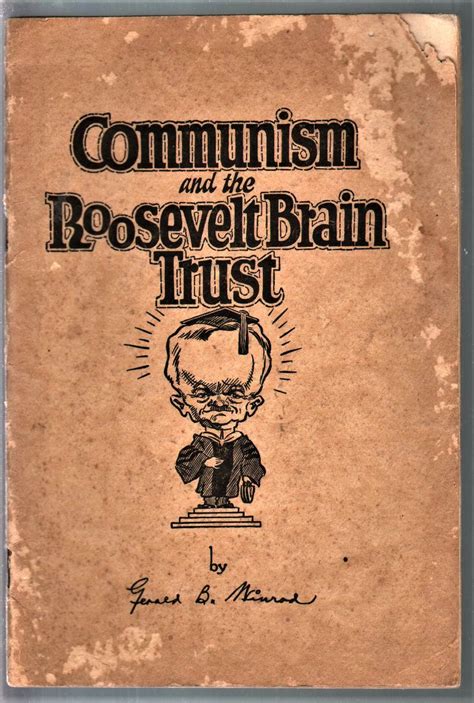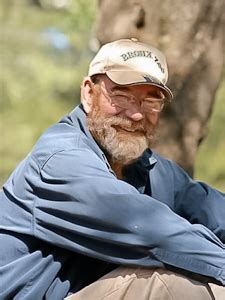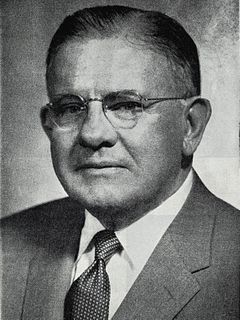A Quote by Jim Wallis
But what does it mean to be on God's side? I believe it starts with focusing on the common good - not just in politics, but in all the decisions we make in our personal, family, vocational, financial, communal, and, public lives. That old but always new ethic simply says we must care for more than just ourselves or our own group. We must care for our neighbor as well, and for the health of the life we share with one another. It echoes a very basic tenet of Christianity and other faiths - love your neighbor as yourself - still the most transformational ethic in history.
Quote Topics
Always
Another
Basic
Believe
Care
Christianity
Common
Common Good
Communal
Decisions
Decisions We Make
Does
Echoes
Ethic
Family
Financial
Focusing
God
Good
Group
Health
History
I Believe
Just
Life
Lives
Love
Love You
Love Your Neighbor
Love Your Neighbor As Yourself
Make
Mean
More
Most
Must
Neighbor
New
Old
Other
Our
Ourselves
Own
Personal
Politics
Public
Says
Share
Side
Simply
Starts
Still
Than
Very
Vocational
Well
Your
Yourself
Related Quotes
The most basic principle to being a free American is the notion that we as individuals are responsible for our own lives and decisions. We do not have the right to rob our neighbors to make up for our mistakes, neither does our neighbor have any right to tell us how to live, so long as we aren’t infringing on their rights. Freedom to make bad decisions is inherent in the freedom to make good ones. If we are only free to make good decisions, we are not really free.
The unbreakable bond between love of God and love of neighbor is emphasized. One is so closely connected to the other that to say that we love God becomes a lie if we are closed to our neighbor or hate him altogether. Saint John's words should rather be interpreted to mean that love of neighbor is a path that leads to the encounter with God, and that closing our eyes to our neighbor also blinds us to God.
Why should we believe in God? — We hate Christianity and Christians. Even the best of them must be regarded as our worst enemies. They preach love of one's neighbor, and pity, which is contrary to our principles. Christian love is a hinderance to the revolution. Down with love of one's neighbor; what we want is hatred.
I believe that the most urgent need of parents today is to instill in our children a moral vision: what does it mean to be a good person, an excellent neighbor, a compassionate heart? What does it mean to say that God exits, that He loves us and He cares for us? What does it mean to love and forgive each other? Parents and caregivers of children must play a primary role in returning our society to a healthy sense of the sacred. We must commit to feeding our children’s souls in the same way we commit to feeding their bodies.
There is a place where we are always alone with our own mortality, where we must simply have something greater than ourselves to hold onto-God or history or politics or literature or a belief in the healing power of love, or even righteous anger.... A reason to believe, a way to take the world by the throat and insist that there is more to this life than we have ever imagined.
We are not taught "love thy neighbor unless their skin is a different color from yours " or "love thy neighbor unless they don't make money as you do" or "love thy neighbor unless they don't share your belies." We are taught "love thy neighbor". No exceptions. We are all in this together - every single one of us. And the only way we are going to survive as a society is through compassion. A Great Community does not mean we all think the same things or do the same things. It simply means we are willing to work together and are willing to love despite our differences.
Why do we so mindlessly abuse our planet, our only home? The answer to that lies in each of us. Therefore, we will strive to bring about understanding that we are--each one of us--responsible for more than just ourselves, our family, our football team, our country, or our own kind; that there is more to life than just these things. That each one of us must also bring the natural world back into its proper place in our lives, and realize that doing so is not some lofty ideal but a vital part of our personal survival.
Charity is not a virtue to expect in others only. It is the all-important Christian attribute to be found in ourselves. . . . We believe that charity must begin at home. Can we hope to be charitable to the stranger if love does not abound in the family? A sure step in the direction of improvement and progress in our own lives comes when we share with mother or father in their dependence as they shared with us in their productive years.... We cannot as children ignore our obligations to our parents by passing responsibility for their care to others. . . .
Thought cannot avoid the ethical or reverence and love for all life. It will abandon the old confined systems of ethics and be forced to recognize the ethics that knows no bounds. But on the other hand, those who believe in love for all creation must realize clearly the difficulties involved in the problem of a boundless ethic and must be resolved not to veil from humankind the conflicts which this ethic will involve us, but allow us really to experience them. To think out in every implication the ethic of love for all creation this is the difficult task which confronts our age.
It is a commonplace of American life that immigrants have made our country great and continue to make a very important contribution to the fabric of American life. But...under the pressures we face today, we can't afford to lose control of our borders, or to take on new financial burdens, at a time when we are not adequately providing for the jobs, the health care, and the education of our own people. Therefore, immigration must be a priority for this administration.
By accepting a suspicion against the neighbor, by saying, 'What does it matter if I put in a word about my suspicion? What does it matter if I find out what my brother is saying or what a guest is doing?' the mind begins to forget about its own sins and to talk idly about his neighbor, speaking evil against him, despising him, and from this he falls into the very thing he condemns. Because we become careless about our own faults and do not lament our own death, we lose the power to correct ourselves and we are always at work on our neighbor.
What I mean by the common good is that we understand we're all part of something bigger than ourselves, that we live in societies together and must help take care of one another because you never know when you're going to need to be taken care of by others. And it's not enough to say that your family or your church is going to take care of you. Societies are collective entities, we're meant to be connected to one another; the function of government is to administer that connection.
The most important ingredient we put into any relationship is not what we say or what we do, but what we are. And if our words and our actions come from superficial human relations techniques (the Personality Ethic) rather than from our own inner core (the Character Ethic), others will sense that duplicity. We simply won't be able to create and sustain the foundation necessary for effective interdependence.






































